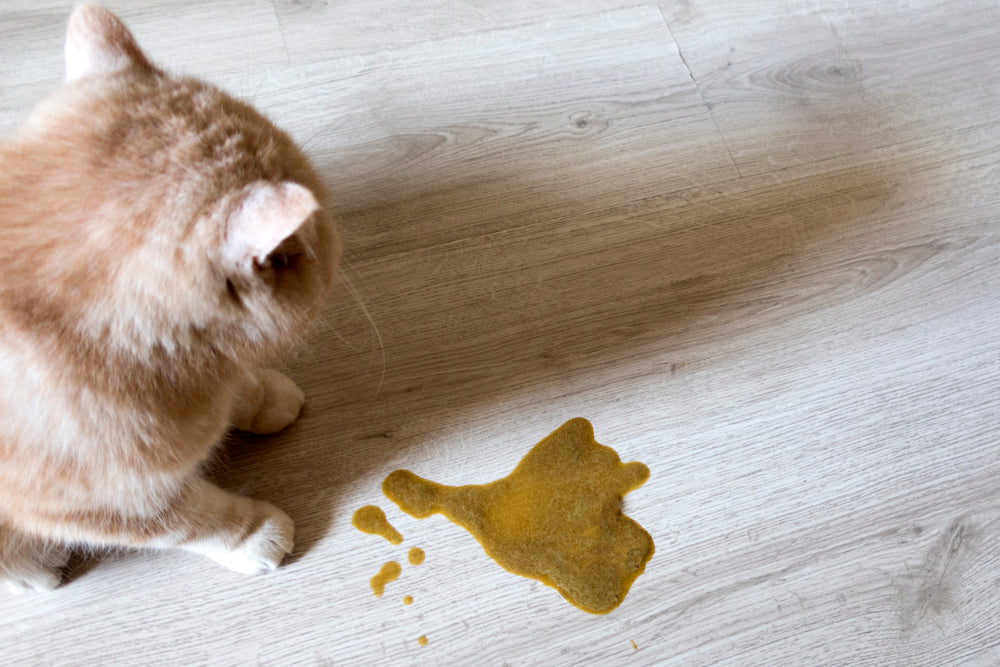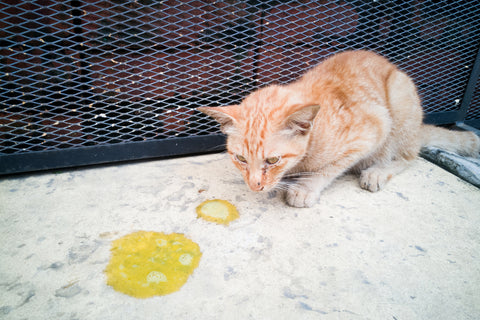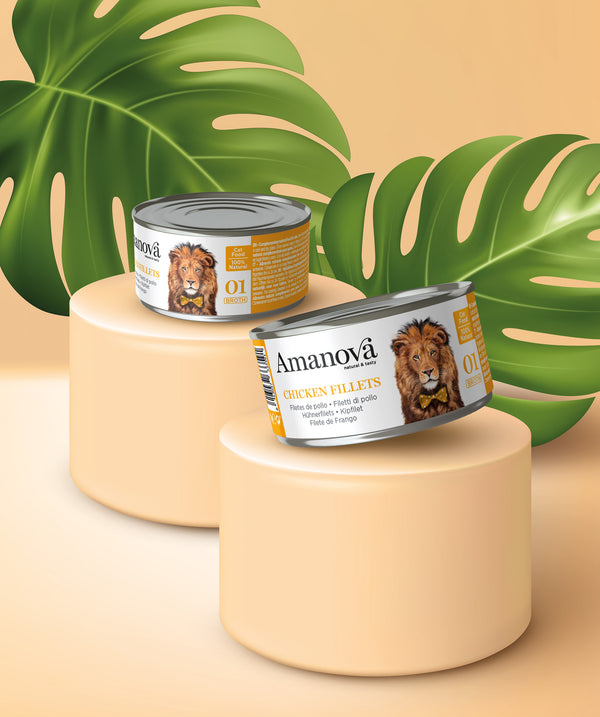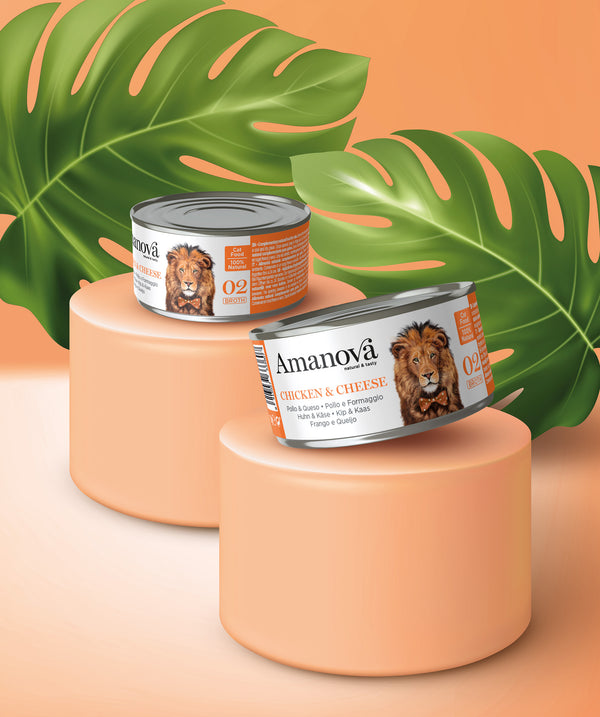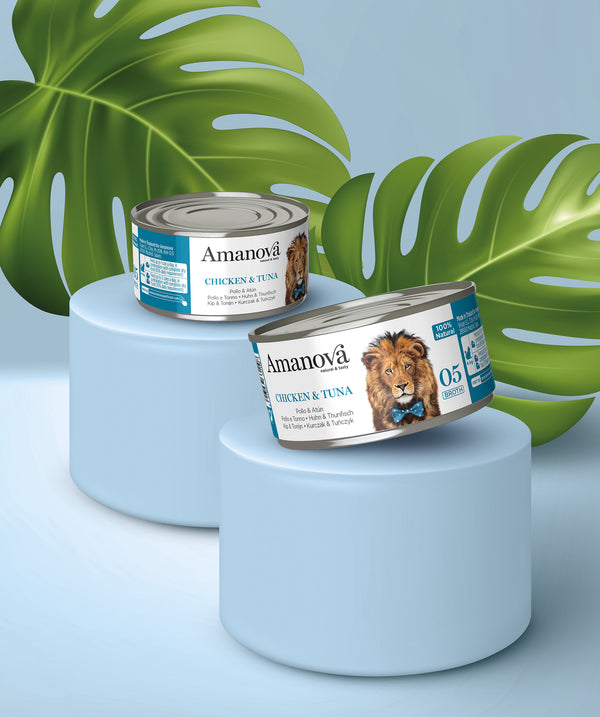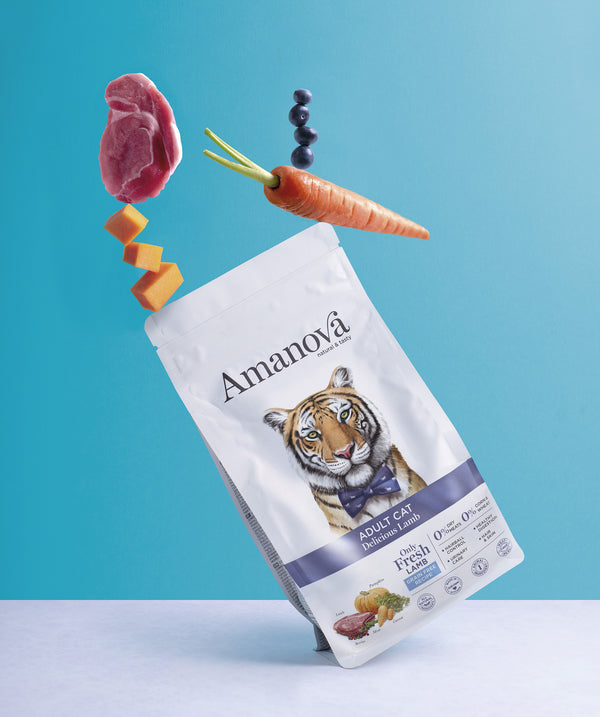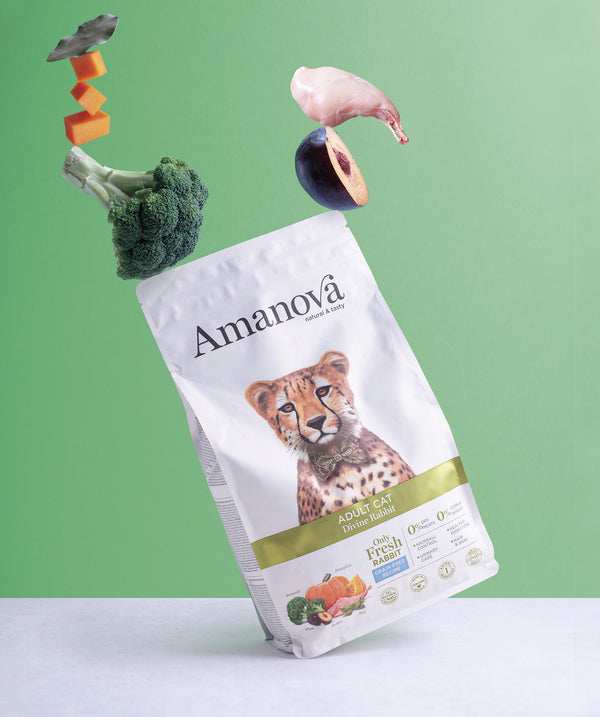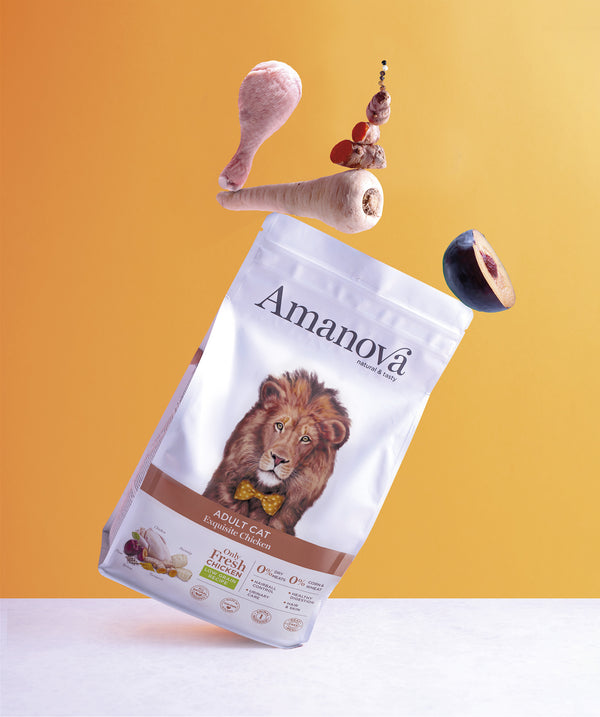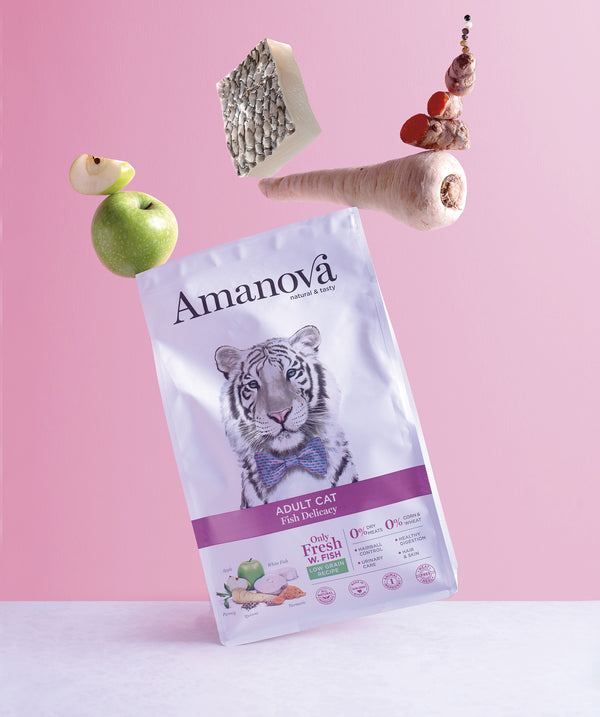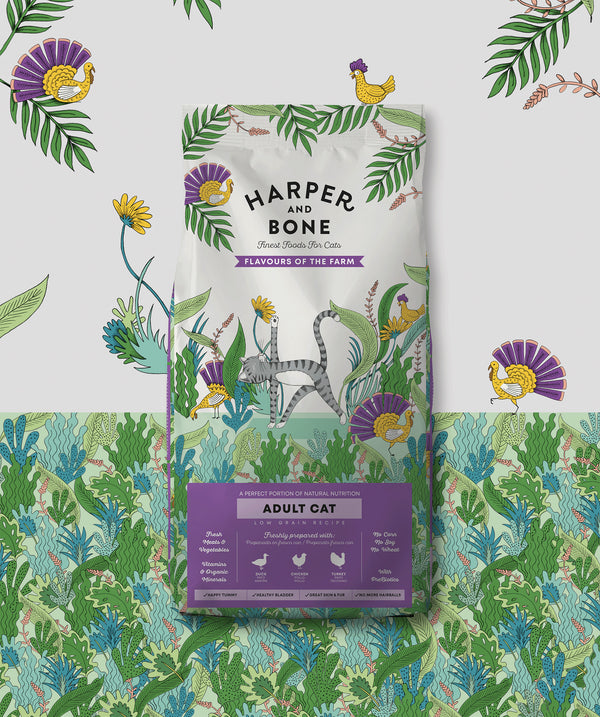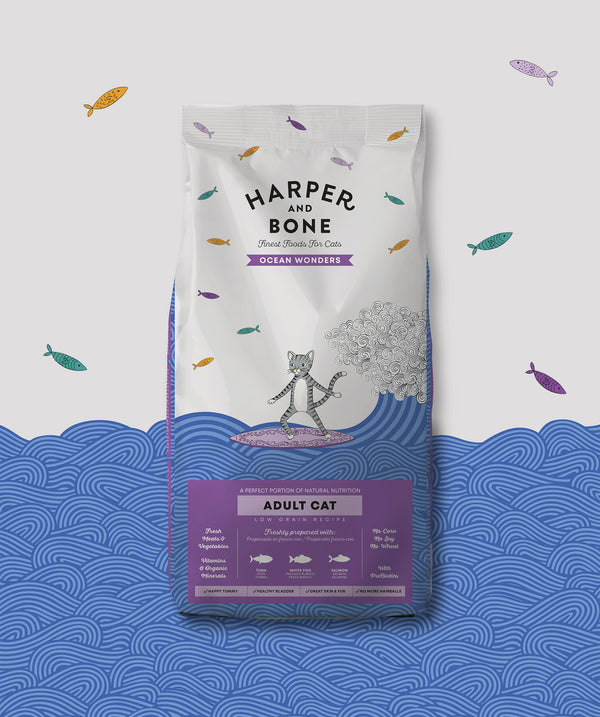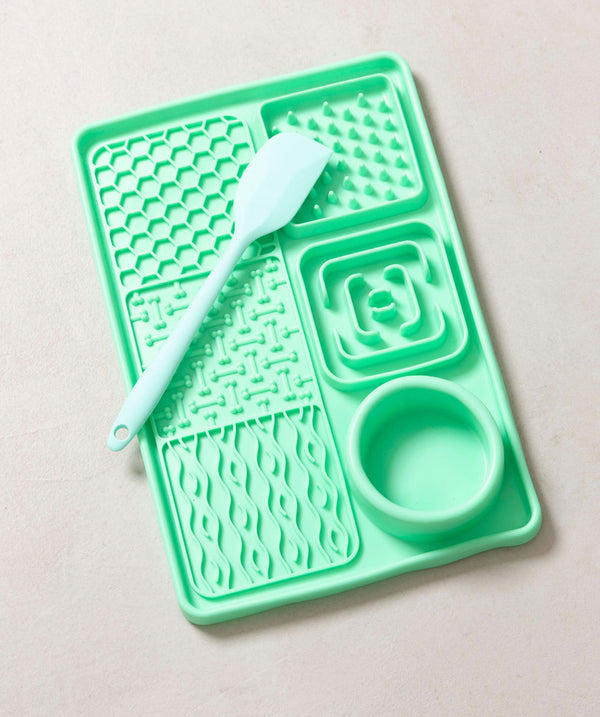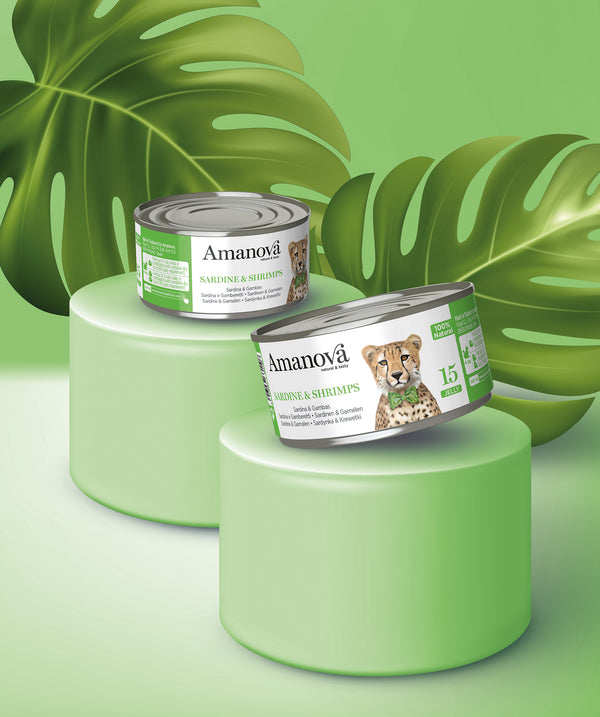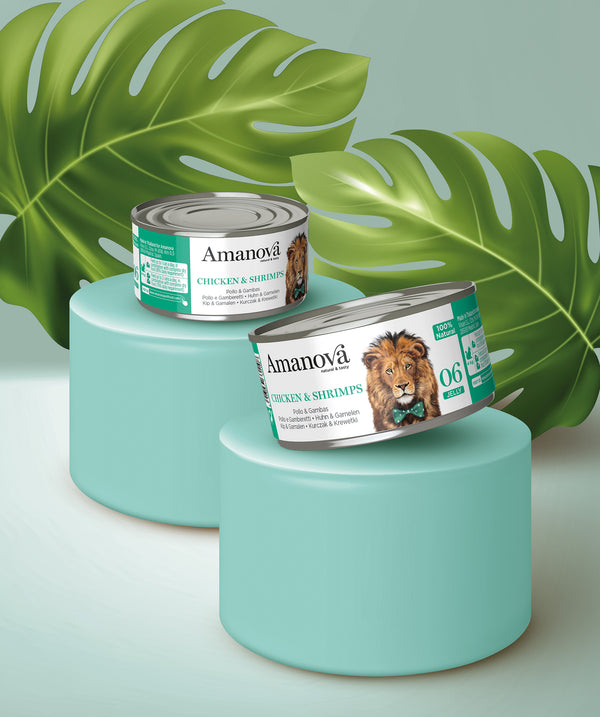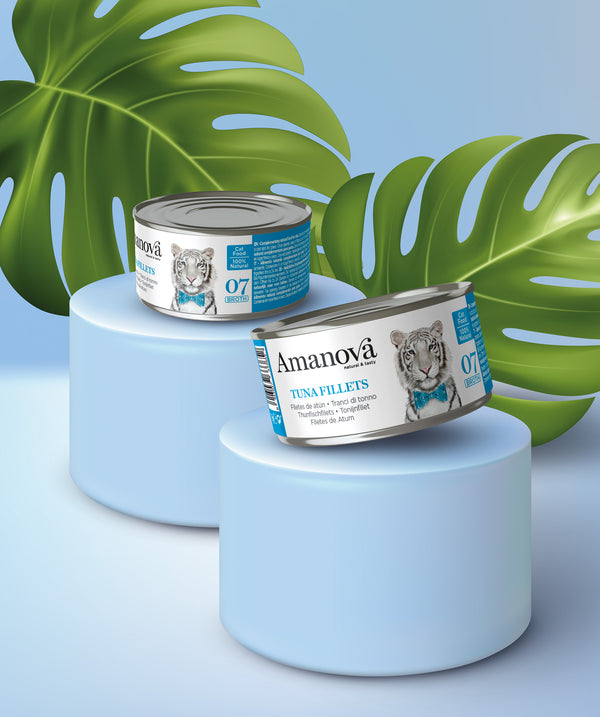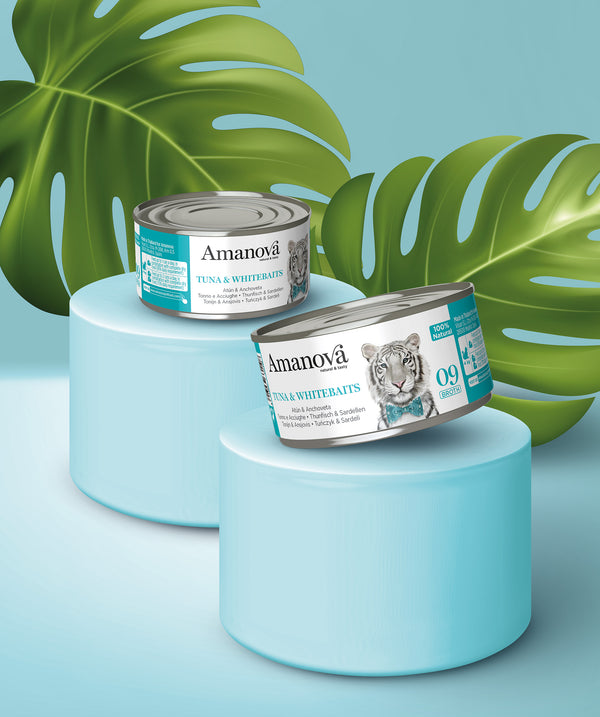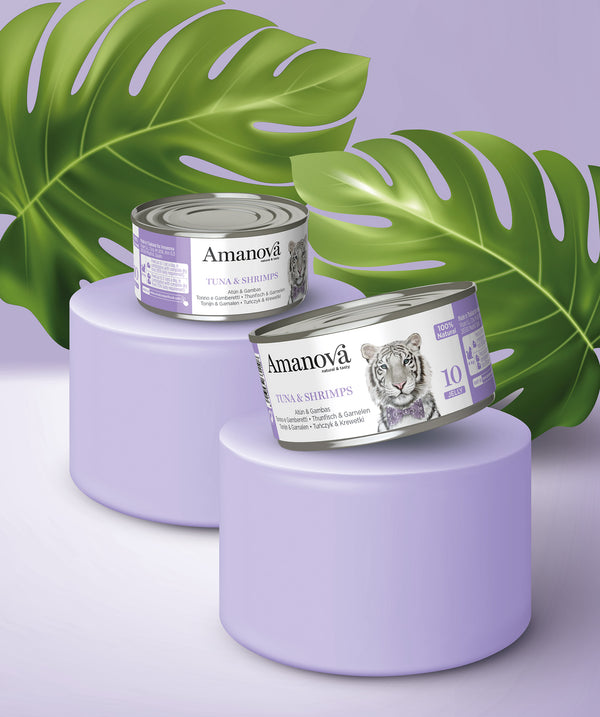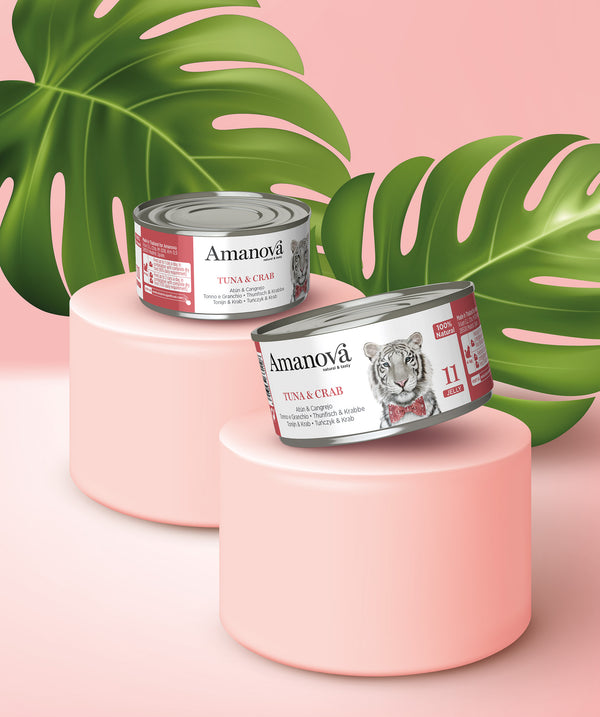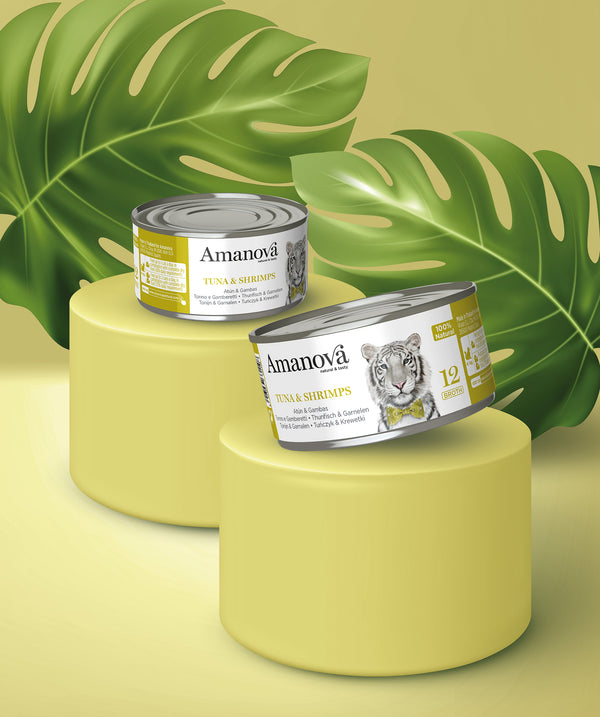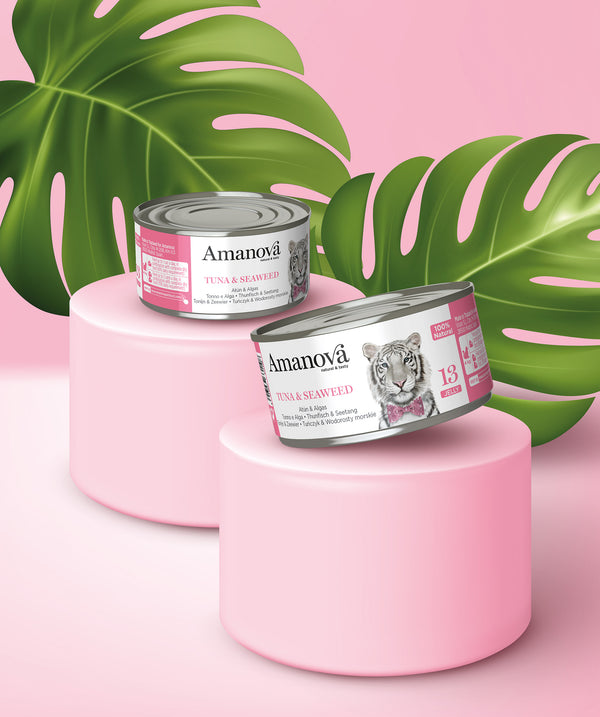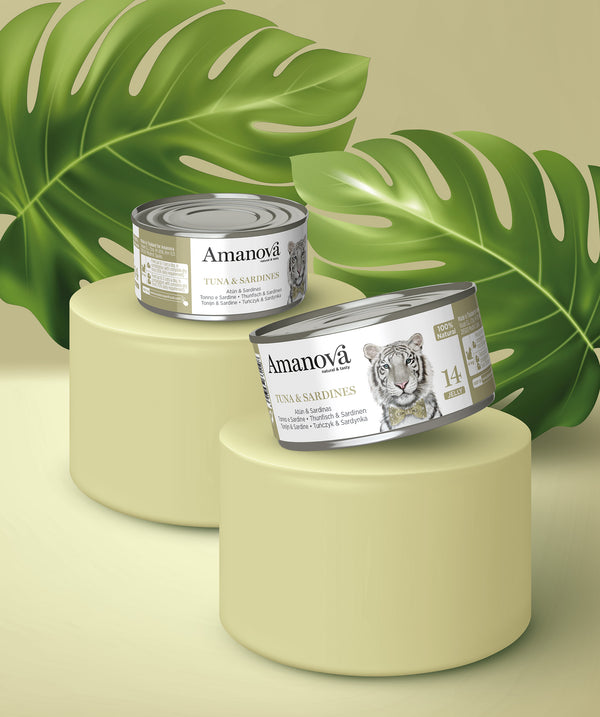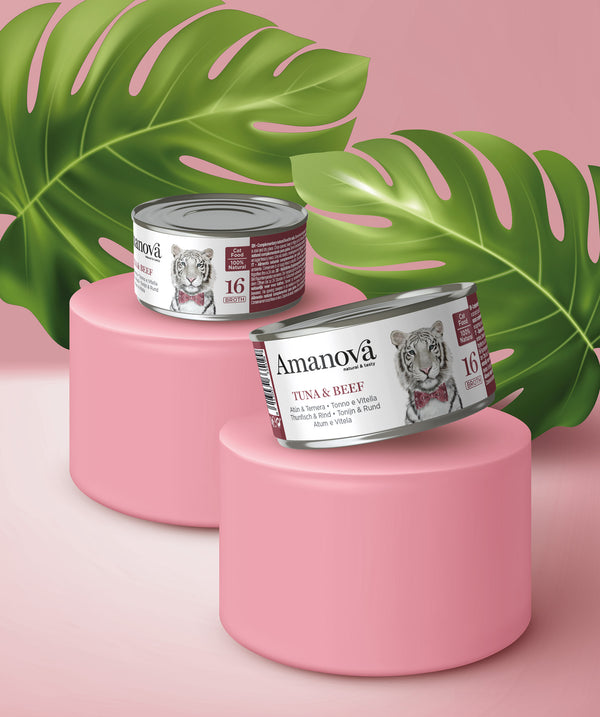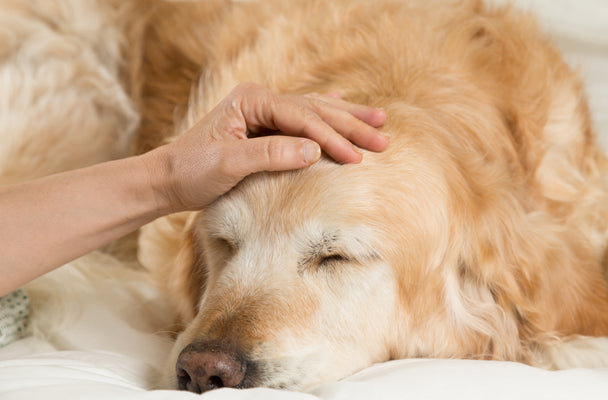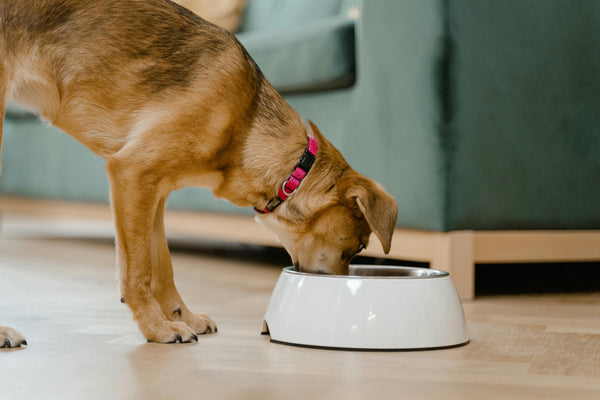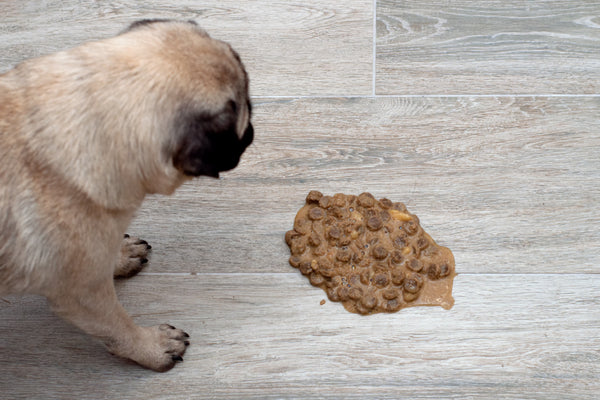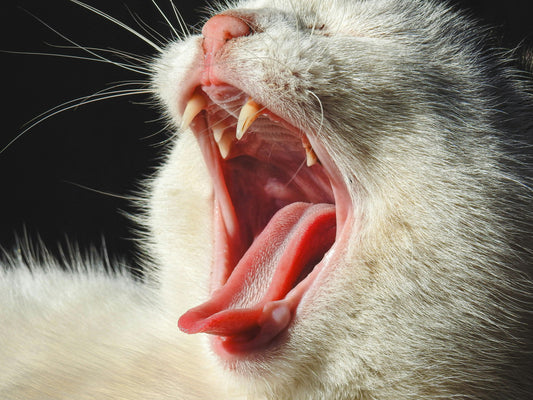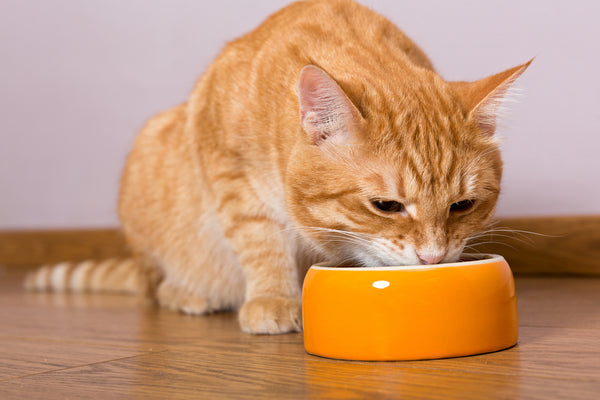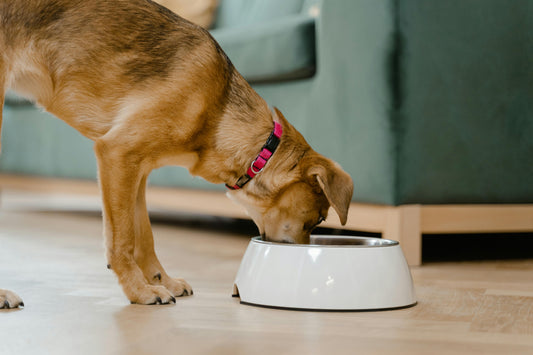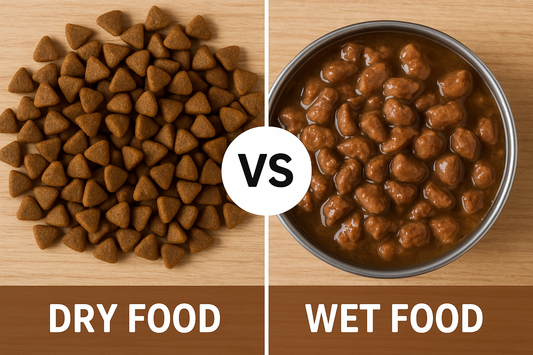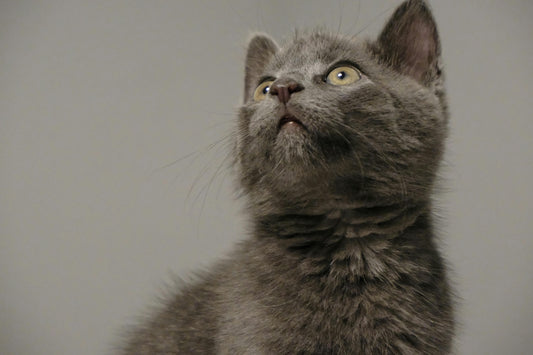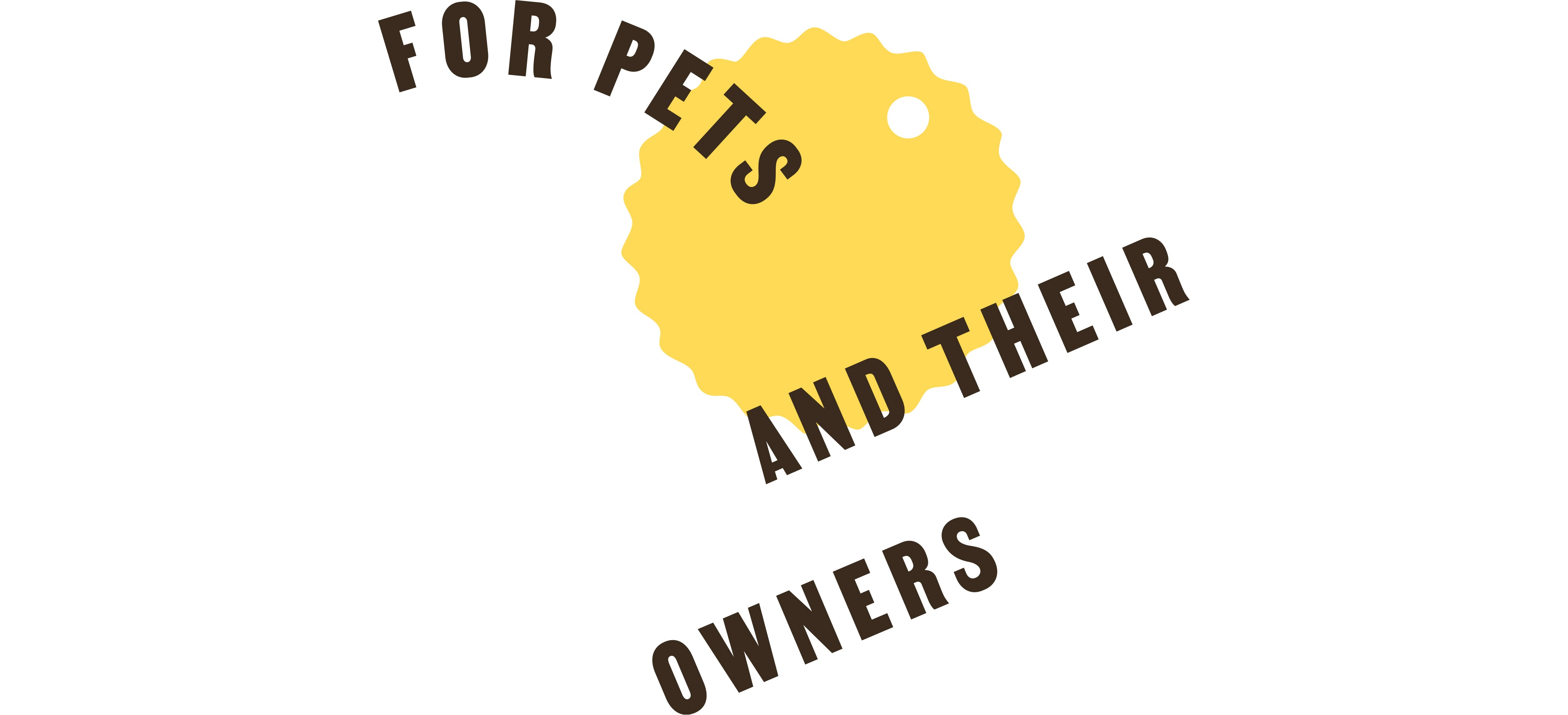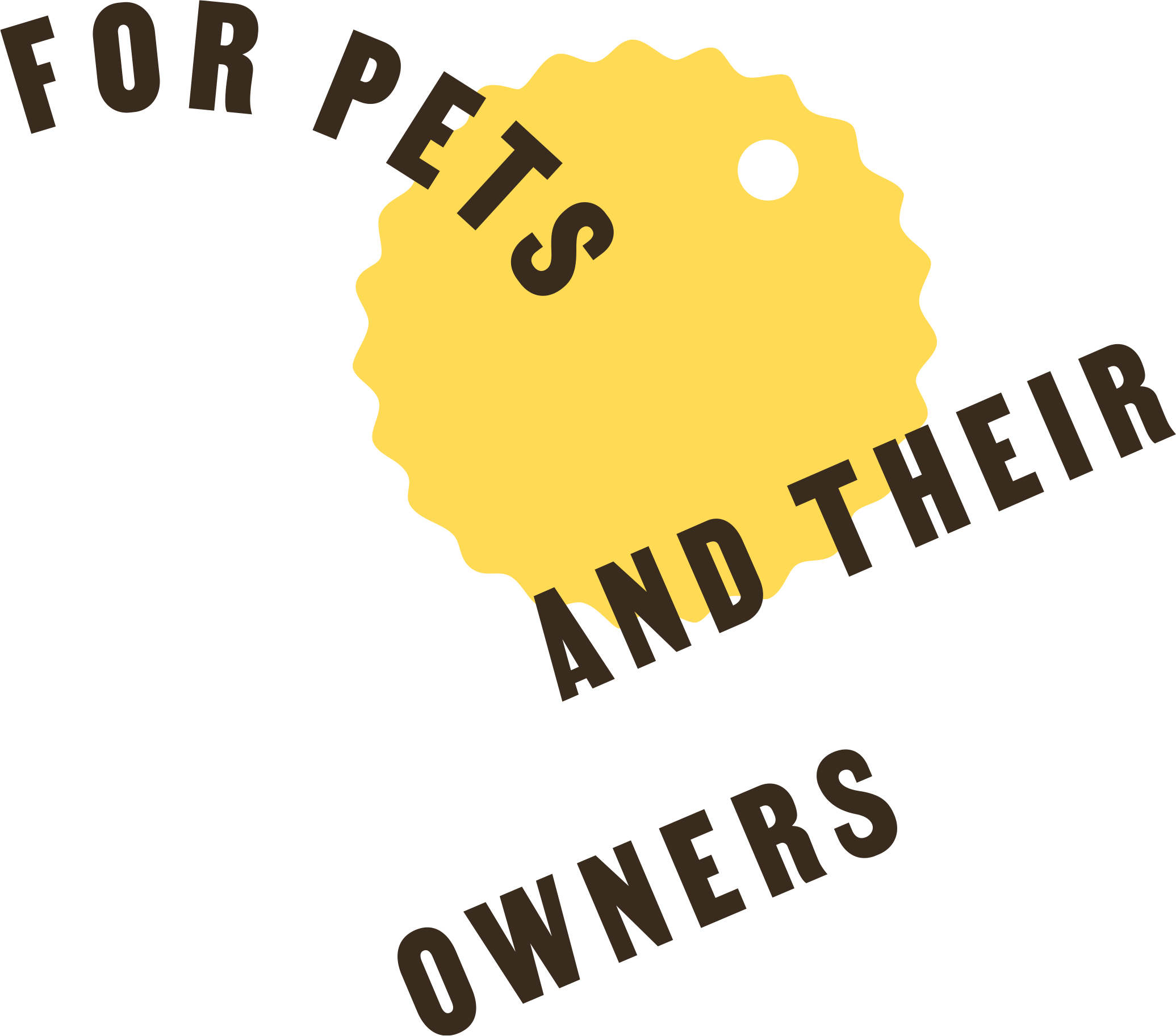Why does my cat vomit kibble?
You have probably seen your kitty vomiting its food at some point. When they occur in an isolated and sporadic way, vomiting in cats is not a worrying symptom. However, if your cat vomits kibble regularly, then you should pay attention to the causes and seek help from your veterinarian. If you are wondering why does my cat vomit kibble? in today’s article we explain the reasons that may cause your feline friend to vomit its food.
Difference between vomiting and regurgitating food
To know why a cat vomits after eating, we must first distinguish between vomiting and regurgitation, as they are two different reactions, caused by different factors:
- Regurgitation. Regurgitation is expelling undigested food from the pharynx or esophagus. This reaction is not accompanied by nausea or contractions and usually occurs a few minutes to a few hours after eating. When it happens a few minutes after ingestion, it may indicate acute or chronic gastritis. If it occurs hours later, it may be due to a gastrointestinal obstruction.
- Vomiting. Vomiting is expelling digested food. It is a reaction accompanied by contractions and nausea. Vomiting is usually a symptom of digestive disease, although it can also be caused by some viral processes and poor eating habits. Below we review the main reasons why a cat vomits digested kibble.
Reasons why my cat vomits kibble
Are you wondering why does my cat vomit kibble? These are the main causes that provoke vomiting in domestic felines:
Gastric retention syndrome
This is a problem caused by an injury or motor disorder that prevents the stomach from working at a normal pace and from emptying properly. Gastric retention syndrome causes the cat to vomit whole undigested kibble long after eating. However, sometimes it can also result in vomiting gastric juice. In the most severe cases, it may require surgical intervention.
Gastritis
If your little feline is a glutton who eats everything it finds, its stomach may have become inflamed from ingesting inappropriate food. This can cause vomiting of undigested food, sometimes accompanied by blood or bile. If your kitty is lethargic, refuses to eat, or shows signs of dehydration, take it to the vet as soon as possible to start pharmacological treatment with anti-inflammatories and antibiotics in case an infection has developed.
Constipation
Constipation is another common cause of vomiting in cats. When stools are too dry or large to be expelled, food builds up in the animal’s digestive tract. When it cannot process any more food, the body ends up vomiting it. To prevent constipation in cats, it is important to ensure good hydration and a balanced diet rich in quality dietary fibers.
Intestinal parasites
Intestinal parasites can also cause vomiting of undigested food, as they often interfere with the digestion process and interrupt the movement of food through the digestive tract. If you think your pet has intestinal parasites, you should take it to the vet as soon as possible so they can prescribe the most appropriate antiparasitic treatment.
Poor eating habits
In some cases, when a cat vomits after eating it is simply because the intake occurs too quickly. Eating too much food in a short time causes an overload in the stomach, so that food accumulates in the esophagus and even in the pharynx. When the digestive tract cannot store more food, it ends up expelling it.
For these cases, there are special feeders that force the animal to eat more slowly. Rapid food intake is one of the most common reasons for vomiting in cats. However, if your cat vomits kibble after eating, you should take it to the vet immediately. Only a professional can establish an exact diagnosis and determine the most appropriate treatment for your kitty.
We also recommend that you offer your kitty a hypoallergenic cat kibble from Only Fresh. You will find healthy, natural, and allergen-free foods for felines with allergies, sensitive skin, and food intolerances.
However, if your cat vomits kibble after eating, you should take it to the vet immediately. Only a professional can establish an exact diagnosis and determine the most appropriate treatment for your kitty.
